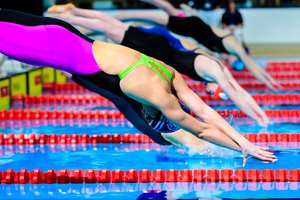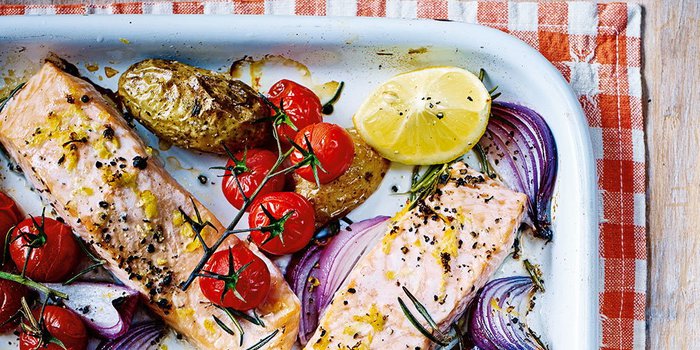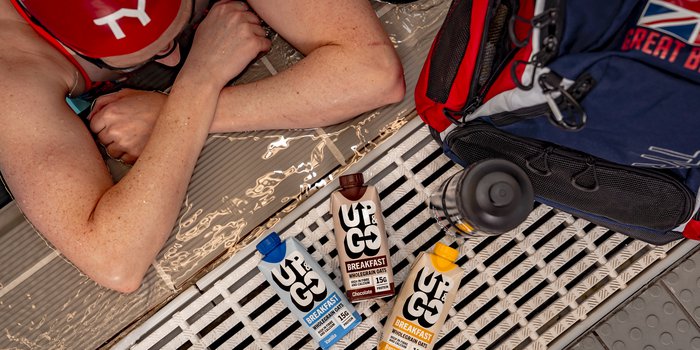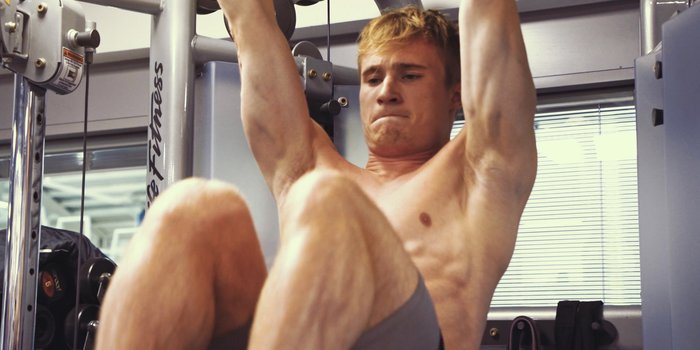For this month’s Hot Topic, we caught up with British Swimming’s Physical Performance Lead and Performance Nutritionist Richard Chessor to discuss the role of dairy options in the diet.
Dairy products are a nutritious, convenient and affordable option for many sportspeople. Their versatility makes them appropriate both before and after training, as well as in maintaining a healthy, balanced diet. This Hot Topic looks at some of the benefits of dairy products and the role they can play in a swimmer or diver's diet.
What is dairy?
Dairy products consist of anything produced from or containing the milk of mammals. In the UK, this typically refers to cow’s milk products but also includes the milk from sheep and goats. Cow’s milk is the most popular, so we will focus on that and its important variants - yoghurts and cheese.
Milk is often referred to as ‘Nature’s Sports Drink’. It is a powerhouse of nutrients, all of which are important to swimmers in hard training. Let’s break it down and examine the key nutrients in milk...
Energy and macronutrients in a 250ml serving of semi-skimmed milk:
- 125kcal
- 12g carbohydrate
- 9g protein
- 4.5g fat
Carbohydrates:
- Our energy source for high-intensity exercise. Often, we would recommend a swimmer to consume 30-60g of carbohydrate in the hour before training. Milk can easily contribute to this supply, either on its own, paired with a banana or used as the base for a smoothie.
- Milk’s carbohydrate content also make it great as a post-training recovery option. We want to replace carbohydrates after exercise to help us prepare for the next training session and to support our immune function.
Protein:
- The type of proteins in milk are excellent in helping promote the repair of damaged muscle tissue and the growth of new muscle tissue. Therefore, milk is a great option post-exercise.
- It is recommended for our athletes to consume 20-30g of protein after exercise to optimise muscle repair - so a pint of milk, a bottle of UP&GO Energize or a pot of Greek or Icelandic-style yoghurt can be ideal.
Fat:
- The fat in milk can provide essential calories for a swimmer in intense training, and within the fat there are important nutrients (particularly Vitamin A). Moreover, the versatility of milk products means that the fat content can easily be increased or reduced by choosing whole milk or skimmed milk products respectively.
Micronutrients
Beyond the basics, milk products also contain vital micronutrients to support swimming performance, as well as growth and immune function.
Calcium:
- Calcium is critical to the healthy formation of strong bones, and dairy products tend to contribute around 20-30% of our daily calcium needs.
- In a non-weight bearing sport like swimming, it is really important for our long-term bone health that we develop strong bones in adolescence, as the bone tissue that we lay down during this period needs to support us for the rest of our lives.
B12:
- A single glass of milk will give us a massive 72% of our daily vitamin B12 requirement.
- B12 is often overlooked - but this little vitamin plays a role in nearly every cell in our body and, as far as swimming is concerned, it is especially needed for the formation of red blood cells and in the production of energy for our muscles from fats and proteins.
- Benefiting from milk's supply of vitamin B12 can be of particular importance for vegetarians, who do not consume B12 from animal meats.
Electrolytes:
- Another lesser-known aspect of milk is its electrolyte (salt) content. The sodium and potassium in milk help us rehydrate after exercise.
- The sodium content of milk is often similar to that of commercial sports drinks. Indeed, several studies have shown that it is equally effective (or even better) for rehydration than sports drinks or water.

Practical Dairy
So, hopefully it’s clear to see that milk and dairy products are well-aligned to swimming performance. But what about their versatility? Here are some of the favourite uses of dairy products from our elite athletes...
- Low-fat flavoured milk, such as an UP&GO Breakfast drink, after a heavy swim session
- A smoothie with milk, banana, oats and honey after gym
- A bowl of Greek-style yoghurt topped with granola and berries before afternoon training
- Cottage cheese on rice-cakes as a pre-dinner snack
- Natural yoghurt with fruit as a dessert option
- A warm glass of milk with low-fat cocoa powder before bed




